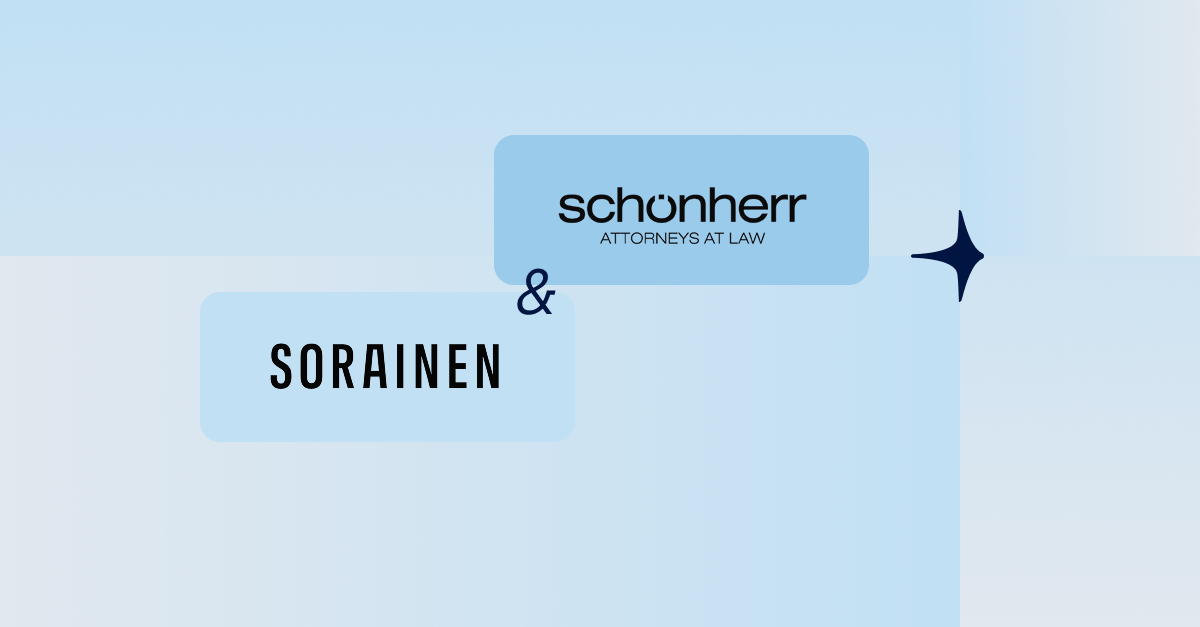The purpose of Due Diligence
In any transaction where ownership changes hands, there is a fundamental need for security. The buyer wants certainty about what is actually being purchased, while the seller wants to ensure that the information provided is accurate and balanced. This mutual assurance is achieved through a process known as Due Diligence.
The term refers to the systematic review of a company or business as part of a transaction, whether it involves an acquisition, merger, share issue, or another type of investment. The process confirms the assumptions underlying the agreement, including figures, contracts, obligations, operational conditions, and strategic prospects, before the parties commit legally and financially.
Insight and understanding of risk
A thorough Due Diligence provides a realistic view of the company’s situation. It reveals risks and uncertainties, as well as potential opportunities and value drivers that may not be obvious from annual accounts or presentations.
For the buyer, this is a matter of risk management, helping to understand what is being acquired and which factors might affect the price or the transaction’s progress. For the seller, it helps build trust, reduce potential disputes, and contribute to a smoother process.
Process and scope
The scope of a Due Diligence is always tailored to the specific transaction. In some cases, the work focuses on financial key figures and legal obligations, while in others, it involves in-depth analysis of operations, markets, technology, or intellectual property rights.
In more complex transactions, separate workstreams may involve specialists in each field, providing a comprehensive basis for decision-making.
Professional precision and strategic assessment
The quality of a Due Diligence depends on two main factors: the availability of relevant information and the expertise of those analyzing it. The analysis requires both technical precision and business understanding. It is not just about checking figures and documents but about placing the findings in a strategic context.
What do the results mean for valuation? Which risks need to be addressed in contracts? How will integration be affected after acquisition? These questions are at the heart of any professional assessment.
A strategic dimension in transactions
Today, Due Diligence is more than a formality. It has become a strategic tool for buyers and investors. The process can uncover opportunities for improvement, efficiency gains, and synergies that can be decisive for the transaction’s success.
Sustainability, governance, and social responsibility have also become key considerations. Buyers are expected to understand how a company handles climate issues, working conditions, and ethics, not only to reduce risk but also to protect long-term value.
Conclusion
A well-conducted Due Diligence rarely provides simple answers. It results in an assessment of probabilities, consequences, and opportunities – a nuanced picture that forms the basis for further negotiations and decisions.
The process demands accuracy, judgment, and experience, making it one of the most essential disciplines in modern transaction advisory.










